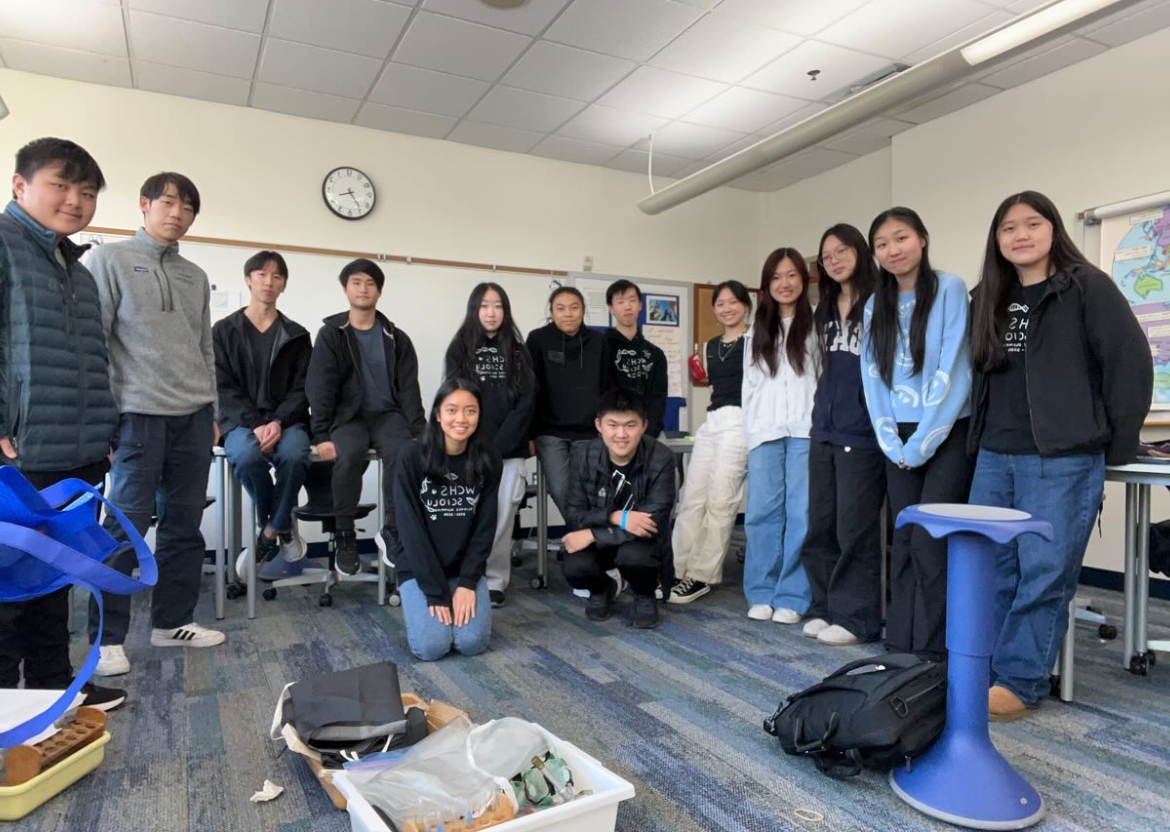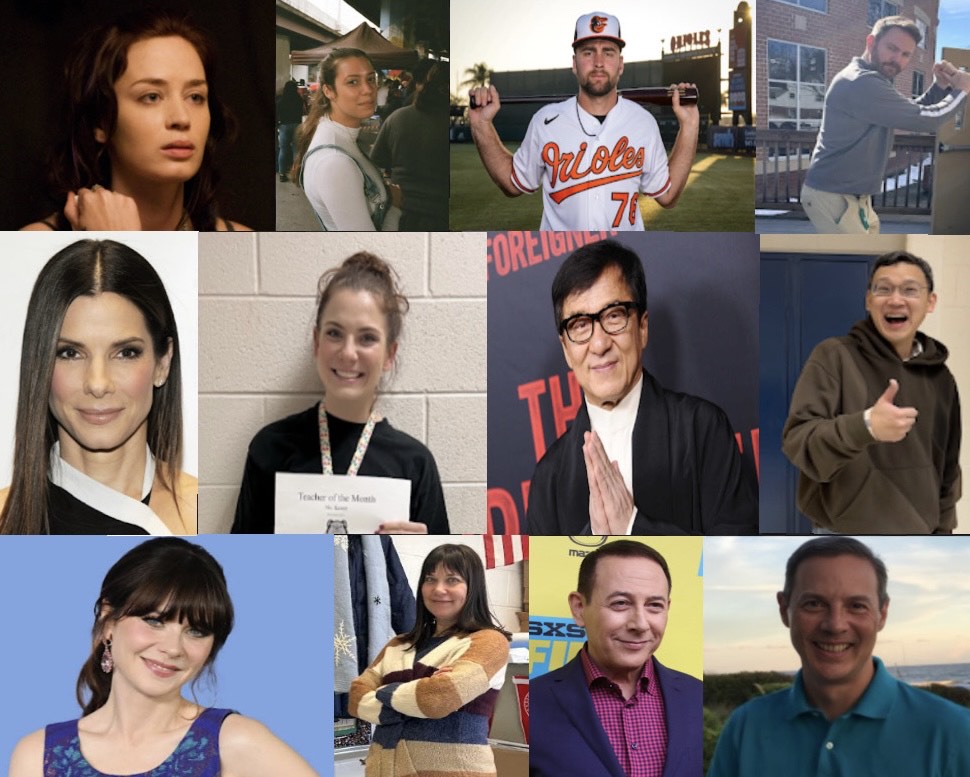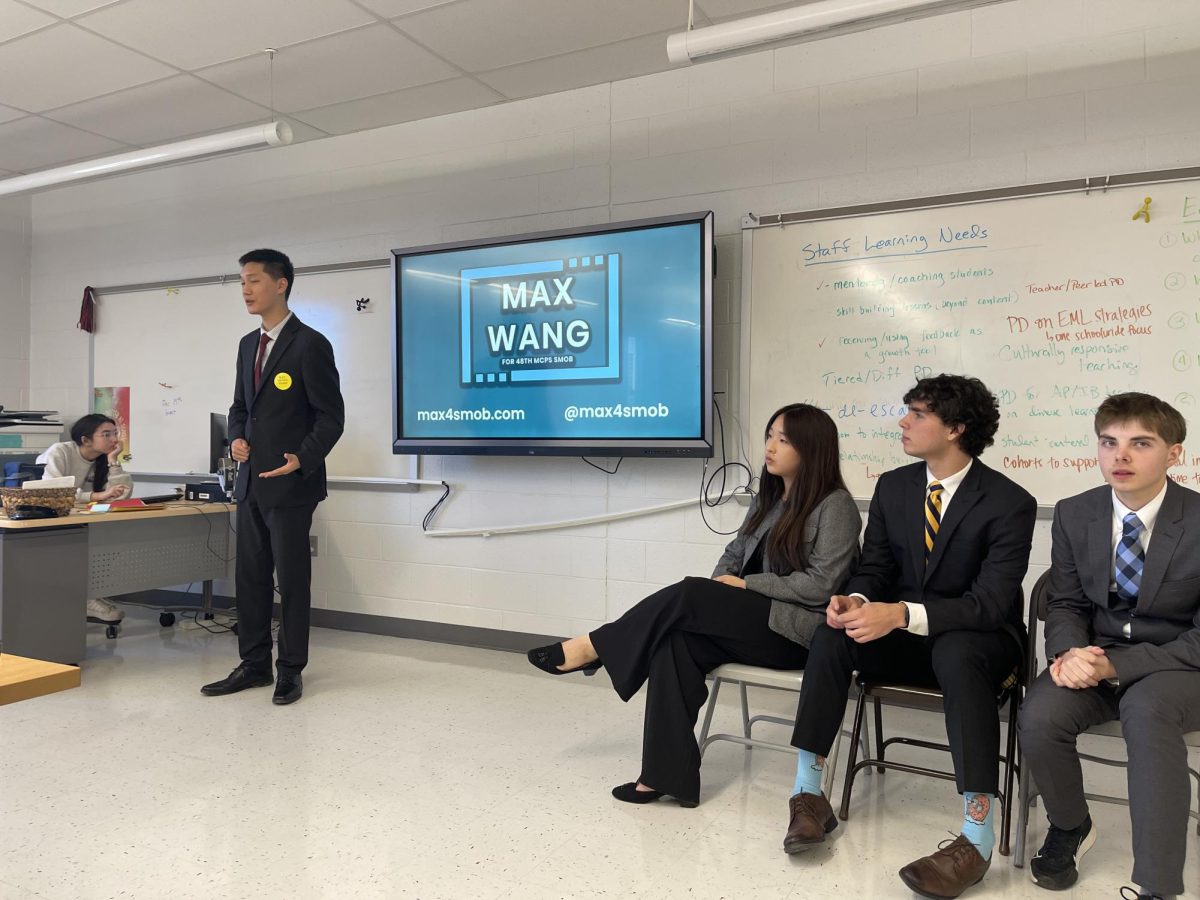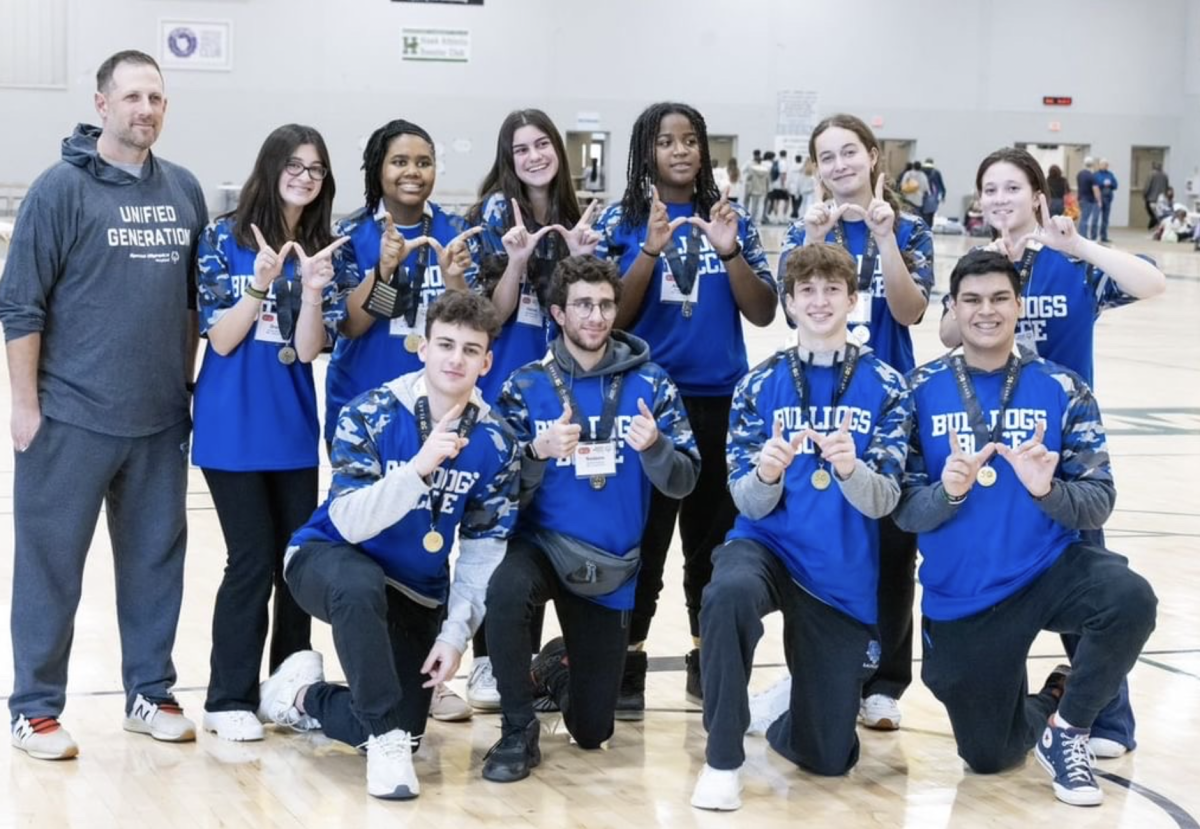A typical teenager girl turns on her computer, signs on to Facebook and updates her status with what she did that day and what she will do for the rest of the day. She may spend the next hour or two flipping through her friends’ Facebook pages, and she will probably check the top of the screen constantly for notifications. Sound familiar?
The generation of people born after 1982 has many titles: the Millennials, the Document generation, and most recently, the Look at Me generation. This phrase is a response to this generation’s use of the Internet and technology to express their emotions and the desire for attention that inevitably comes with this mode of expression.
According to a March 2008 Newsweek article, many sociologists have determined that the age of technology has led to the mindset that every conversation and every experience is worth a post to YouTube or a “tweet” on Twitter. The psychological impact of this development is as yet unknown.
Local teen psychologist Lisa Horowitz supports the idea that technology has affected the Look at Me generation’s relationships and general psyche.
“[Attention seeking]…does seem part of the psychology,” Horowitz said. “Another important piece is the changing boundaries between [what is] personal and [what is] public.”
Horowitz says that the shroud of an Internet presence can have deeper psychological implications.
“The type of contact provided on Facebook [and other sites] can provide the illusion of self importance, but may also be driven by frustration with the inadequacy of the rewards it provides and a need for more input to sustain an illusion of connection,” Horowitz said.
The ‘Look at Me’ Generation Brings Attention Home
CHS students are no exception to the Look at Me generation.
Junior Courtney Jacoby updates her Facebook status about once or twice a day, and says she does it to keep in contact with her friends.
“I usually want my friends to see my status, especially if it’s a joke that they are involved in,” Jacoby said. “I update it [with] inside jokes.”
Sophomore Nayomi Hettiarachchi posts pictures and updates her status on Facebook as an easier means of sharing things with her friends.
“I have put up [pictures] in the thousands,” Hettiarachchi said. “It’s just an online album and an easier way to get my friends to see a picture than to email them. There’s no reason you post a status…it [just] makes me more connected with my friends, so I know what they are doing and they know what I am doing.”
Hettiarachchi does not believe that she seeks attention by posting pictures and updating her status.
“I would never put up pictures to get attention,” Hettiarachchi said. “I know people that take pictures at parties over and over just to get attention, and I could really care less.
Technology builds up communication, tears down personal barriers
Technology has also led to an increase in what people are willing to share with others.
According to Horowitz, this can be detrimental.
“People are willing to share personal details about their lives publicly in a way they have not before, which makes that information less private,” Horowitz said.
Jacoby, who does not reveal everything about her on Facebook, does believe that her page instead reflects her personality.
“I don’t post my whole personal life on Facebook,” Jacoby said. “If I don’t think it’s anyone’s business, then obviously I won’t put it up on Facebook. But my personality definitely is partially revealed through my Facebook.”
Other media outlets provide an even more intense means of delving into the personal lives of others. Formspring is a common outlet among CHS students.
A student can make a Formspring simply by making an account online and advertising his or her Formspring through Facebook by making a link to the Formspring page. Other students then ask anonymous questions, and if the student chooses to answer the question, both the question and the answer are posted to the public on the website.
Hettiarachchi has a Formspring, but limits which questions she will answer directly. Most of the posts on her site are compliments, but sometimes they dig deeper.
“Most of them aren’t even questions,” Hettiarachchi said. “Most of them are flattering. The majority of the [actual questions] I get are about my sexual life. I guess some people are nosy.”
Formspring does not require that each question asked is posted to the public. Despite this, many students post each question, even if it makes them uncomfortable.
“I post all of them,” Hettiarachchi said. “I feel like [people will] know whether or not I [post them.] I’m always nice about it.”
Hettiarachchi also uses Formspring as a way to clear the air.
“I think it shows that I’m an honest person,” Hettiarachchi said. “If [the person asking a question] heard a rumor and cannot form judgments based on what they heard, they can hear the truth from me.”
Relationships harmed
According to Horowitz, relationships and online confrontations can stunt social growth.
“I do think the Internet has had a profound impact on relationships, along with text messaging and IM’ing and all of the other new forms of communication,” Horowitz said. “People have much more information available and there is more pressure to maintain awareness of complex issues and social dynamics. Online relationships tend to be more immediate but also more superficial and lack the real intimacy of in-person contact.”
Junior Justin Settlage also feels that technology has hindered modern relationships.
“I think it creates a barrier between two people because they can’t talk in real life,” Settlage said. “If it’s overdone, the relationship [becomes] just computer to computer, and it isn’t human to human anymore. It’s easier to talk online, but it’s not the same connection if you were to talk in real life.”
Settlage has had personal experiences that have brought him to this conclusion.
“I have many family members who I haven’t seen in three or four years, and we only talk online,” Settlage said. “When I finally see them, it’s a different feeling.”
Twitter is yet another common method of online expression and connection.
“I first got a Twitter around Thanksgiving time,” sophomore Naomi Gutkind said. “I go through phases. Sometimes I’ll tweet 10 times a day, and then sometimes I can go days without tweeting. It all depends on my mood or how busy I am. I tend to tweet more on the weekends too.”
Despite the amount of tweets Gutkind posts, she says that she does not post for attention.
“For me it’s not really about gaining attention; it’s more about just posting my thoughts and having other people see them if they choose,” Gutkind said.
When asked whether she thinks Twitter and Facebook have led to the Look at Me generation stereotype, Gutkind says there is a clear difference between those who seek attention incessantly, and those who like to express themselves.
“People want to be noticed, and for some reason it’s all about the followers and subscribers [on YouTube] they have, but for me it’s definitely not like that,” Gutkind said. “Twitter doesn’t run my life; it’s a fun thing to do sometimes.”













